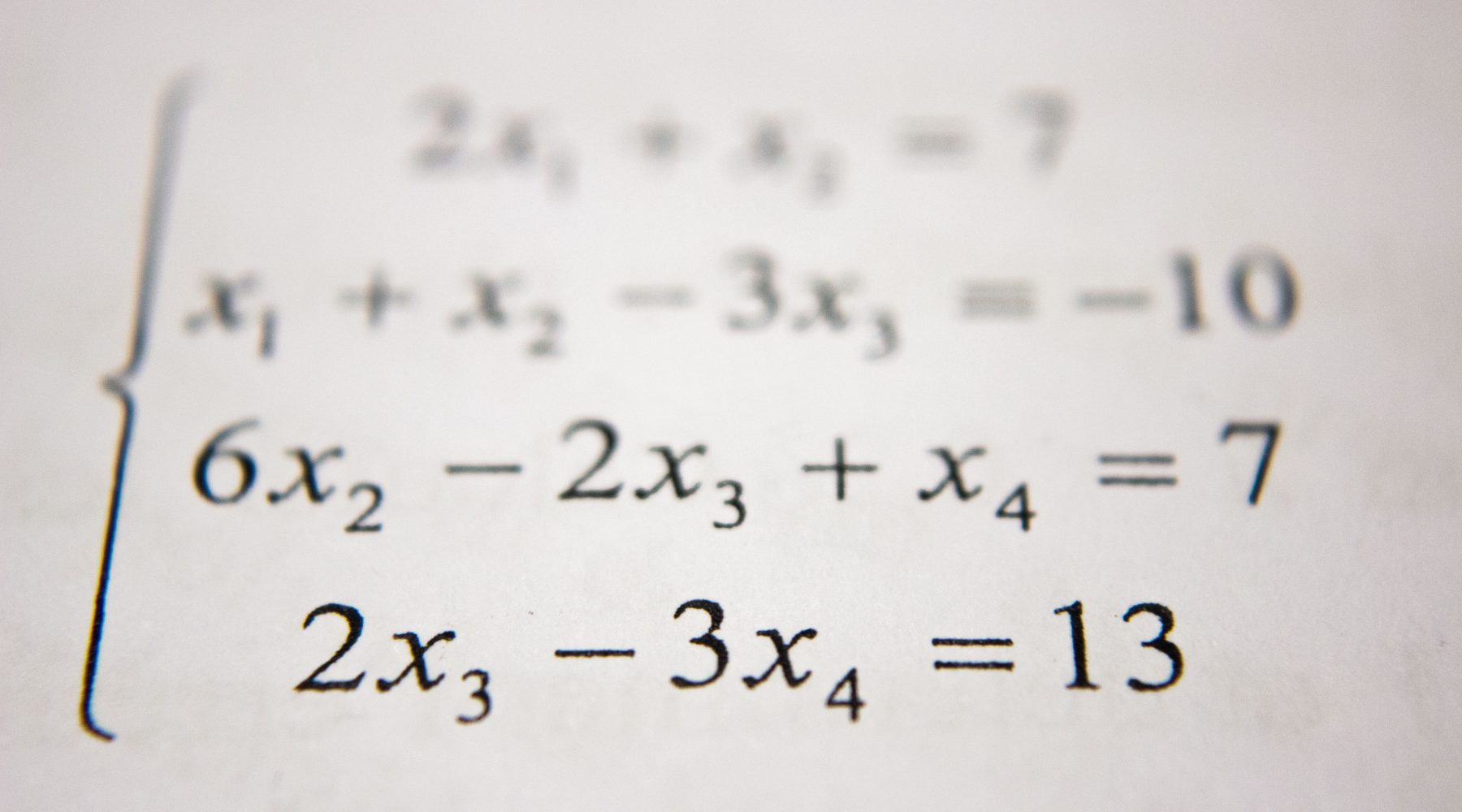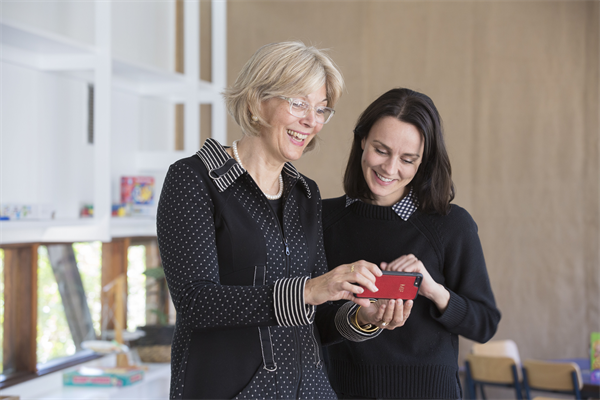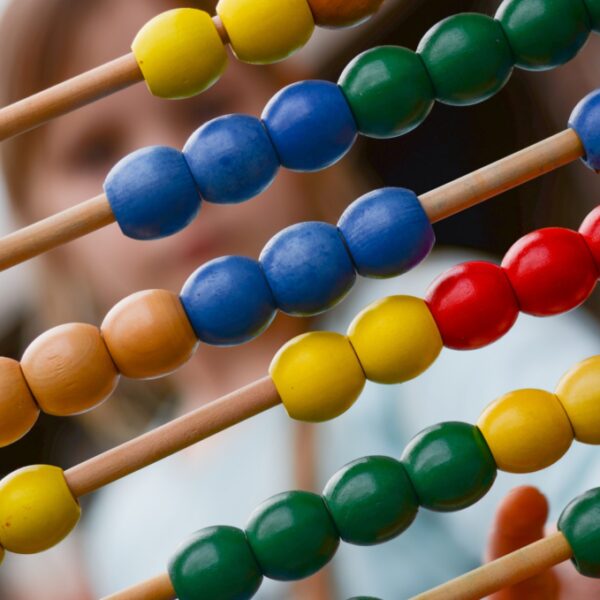Preschool brains are ready for math, games are the way to teach it

Preschoolers are capable of learning more complicated mathematical concepts than previously thought, and these concepts are best introduced through games and simple tasks, researchers from Vanderbilt University have found.
While much of the research centres on the home math environment, there are many areas of the research which will be of use to early childhood educators also.
The study,The Home Math Environment: More Than Numeracy was recently published in Early Childhood Research Quarterly. The study revealed that parents of preschoolers seem to reinforce counting and number recognition, and leave the more complex concepts to the child’s future teachers.
Lead researcher, Erica Zippert, explained that fundamental concepts such as numeracy, patterning and spatial skills should all be introduced in the preschool years.
“We found that parents primarily reinforced only the easier number concepts, like counting and numerals, and were less likely to support pattern and spatial skills,” Ms Zippert said.
“We also found that parents spent less time providing math support through playful activities like reading number books and playing number games, and more time engaged in direct instruction of number concepts.”
Building a foundation for future mathematical learning can be done in lots of fun and easy ways, using items already found in many homes, she noted.
Play board games and card games
Board games like “Snakes and Ladders” and card games like “War” provide opportunities to count, compare and combine numbers through addition. They also provide lots of symbolic and non-symbolic number cues, such as spades/clubs on cards, and board game spaces and spinners.
Block building and puzzle games
Block and puzzle activities provide an opportunity to introduce more complex concepts like spatial dimensions (size, height), spatial features (corner, side), and locations and directions (on top of, upside down). Ask “Which Lego tower is higher?” and “Which side of your building is red?”
Create and notice patterns in everyday activities
Point out how the days of the week repeat in a month and how months repeat each year. While doing laundry, line up different coloured socks in a pattern (red-red-blue-red-red-blue). Ask the child, “What comes next?” and let them continue the pattern. Then ask the child to replicate the pattern using different color socks or different objects.
Ms Zippert said that common myths also remain about preschoolers and math learning, which could hamper their mathematical growth and development, such as “preschool math is all about numbers, especially basic skills like counting” or “math should be taught formally (direct instruction), and primarily at school.”
In truth, Ms Zippert noted, non-numeracy domains like spatial skills and patterning are also vital to the development of math skills, and can be introduced at a young age. Preschoolers are capable of comparing numerical magnitudes (e.g., 4 is “bigger than 3”) and adding simple sums. Teaching math in the moment during everyday interactions makes it more meaningful.
You can access the report, “The Home Math Environment: More Than Numeracy” in Early Childhood Research Quarterly.
Popular

Quality
Practice
Provider
Research
Workforce
Honouring the quiet magic of early childhood
2025-07-11 09:15:00
by Fiona Alston

Policy
Practice
Provider
Quality
Workforce
Minister Jess Walsh signals urgent action on safety and oversight in early learning
2025-07-11 08:45:01
by Fiona Alston

Workforce
Policy
Quality
Practice
Provider
Research
The silent oath: Why child protection is personal for every educator
2025-07-17 09:00:31
by Fiona Alston











